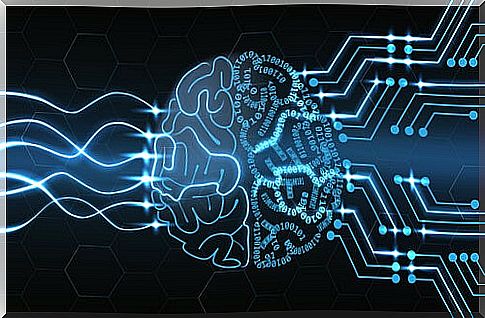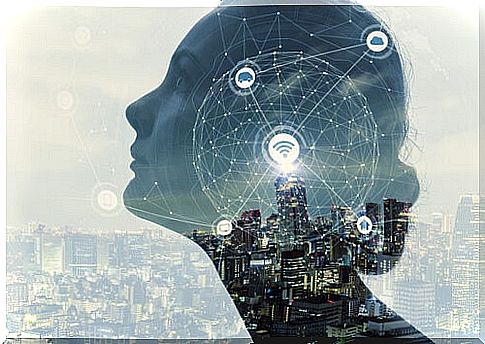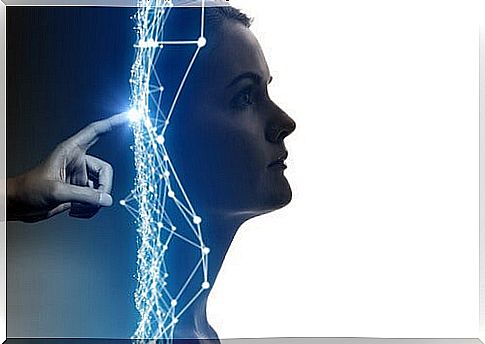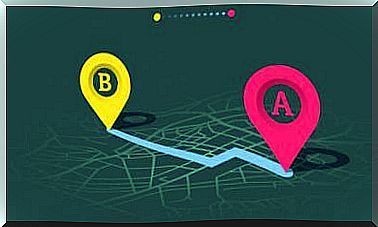Artificial Intelligence And Psychology, What Is Their Link?

Artificial intelligence and psychology are closely related. Throughout this article, we will delve into the definition and consequences of this relationship. Join us for this tour!
Let’s start by defining each of these disciplines. Psychology, according to the Royal Spanish Academy (RAE) is, “the science or study of the mind and behavior in people or animals.” And artificial intelligence is “a scientific discipline that deals with creating computer programs that carry out operations comparable to those carried out by the human mind, such as learning or logical reasoning,” according to the RAE.

Branches of psychology that are associated with artificial intelligence
Psychology and artificial intelligence are connected. Both target mental processes, behavior, and emotions. However, they are different disciplines, which does not mean that they cannot blend in.
Let’s look at the branches of psychology that are associated with artificial intelligence:
- Educational psychology. Pedagogical innovation is presented to approach learning in a different but effective way. For this, elements of artificial intelligence are used, for example, intelligent tutor systems, educational robotics and neuroeducation.
- Neurosciences. Artificial intelligence powers research in this field.
- Clinic. Will a psychologist be replaced by robots?
- Cognitive psychology. Its origin was influenced by cybernetic paradigms. In addition, it has influenced the understanding of human capabilities. In fact, currently, the investigation is generating various contributions in this regard. For example, Ramos Franco in his article “Cognitive psychology and artificial intelligence: myths and truths” shows us the processes that psychology has gone through as a science, and its connection with the context of interdisciplinary work with artificial intelligence, sciences that according to the author have influenced each other.
- Organizational. One of the challenges of this branch of psychology is to enhance the selection process through artificial intelligence systems.
- Forensic. You can benefit from artificial intelligence through crime simulations.
As you can see, there are many fields of psychology that can be nurtured by artificial intelligence. On the other hand, we can see the contributions of both to other areas of research. Carlos González Tardón, graduated in psychology, shows us in his article how one can intervene in psychology and psychotherapy with simulated beings, providing us with information on new tools in experimental psychology.
Artificial intelligence and psychology in current and future psychotherapy
Currently, we can see the progress of artificial intelligence used to promote therapeutic processes. Wonderful, right? Ideas that previously only found a place in our imagination, now begin to make contact with reality.
On the one hand, projects are being made of robots capable of recognizing emotions that make life easier for some people. We are talking about assistance robots that are capable, for example, of accompanying people with Alzheimer’s disease. In addition, there are other projects to make life easier for those who need mobility assistance. Amazing!
Now, it is not only about robots with human characteristics. Artificial intelligence systems are also used for psychotherapeutic processes. For example, we work through virtual reality with people with post-traumatic stress disorder.

Ethical issues
The idea of having revolutionary methods that promote our well-being may sound wonderful. However, it also entails ethical problems that we have to resolve if we want them to become even more integrated into the everyday landscape.
There is no doubt that assistive technology can improve the quality of life for many people. We are living longer and longer and families are more disintegrated, while time seems to be compressed into the increasing number of open fronts that we have.
Thus, for example, when we install a program on our computer or an application on our mobile, we agree to conditions that we rarely read. We think that if the majority accept them, we will be able to assume them. In this way, we are granting privileges that escape us on many occasions.
In a way, we delegate to others a review that we should do ourselves. On another plane, we see how social networks work. Walls of publications of our friends surrounded by advertising and commercial interests. Meeting places managed by economic initiatives eager to know our tastes and interests to make their products profitable.
On the other hand, every psychologist in his profession is governed by a code of ethics. He is aware that there are rules and that, if he transgresses them, he will have to answer to the relevant authority. We speak of a consciousness that a machine can hardly reach.
In short, in the association between artificial intelligence and psychology, perhaps the two great dangers are: sharing data that is too sensitive with a machine programmed in a language that the user does not know, and the lack of awareness of certain rules -deontological code- that must regulate certain services, benefits or activities.









